Symptoms And First Aid For Dehydration
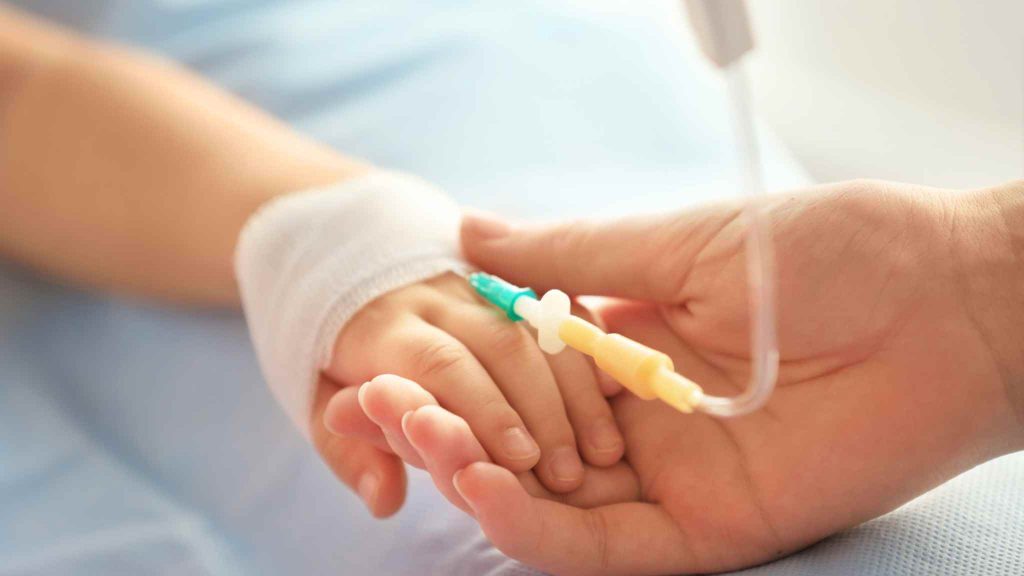
Dehydration is an incredibly serious health concern that can have severe consequences, even leading to death.
It is of the utmost importance to be aware of the indicators in adults, especially the elderly, so you can respond quickly if needed.
This blog post will provide insight into what exactly dehydration looks like, what causes it, and how to treat it. Being informed on these topics will help guarantee your hydration levels are always within a healthy range.
First Aid For Dehydration
If you or someone you know exhibits any of these symptoms, immediately provide them with hydration. Water and electrolyte solutions such as Hydralyte are the best option. Sugary drinks like soda should be avoided, since they can exacerbate dehydration.
Drink fluid in small amounts regularly instead of consuming a large portion at one time. If you are vomiting, gradually consume liquid to prevent dehydration from becoming worse.
If you are experiencing any of the following symptoms of extreme dehydration, contact your doctor right away:
- No urination for eight hours
- Dizziness
- Rapid heartbeat
If one cannot ingest fluids orally, seek medical assistance at the closest emergency room without delay.
Adults and Dehydration
It is essential to be mindful of the indicators of dehydration in seniors and small individuals, such as dry mouths, lack of tears when crying, eyes sunken in, listlessness or crankiness, and reduced urine output.
If left unattended, dehydration can pose serious repercussions including heat stroke, kidney failure and even fatality. Vomiting, diarrhea, sweating and excessive urination can all cause dehydration.
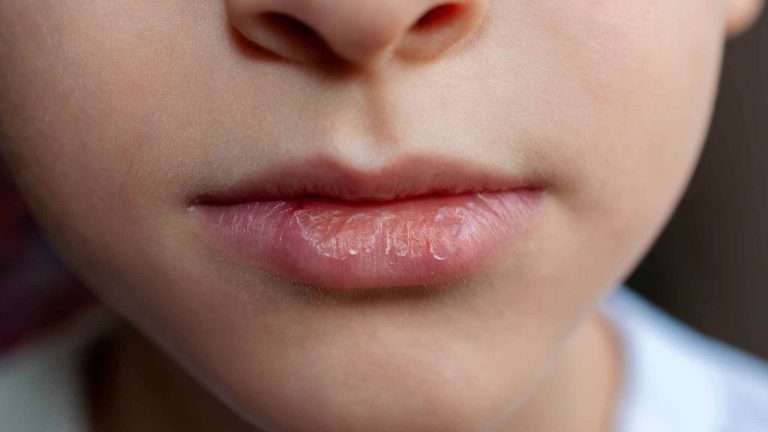
Symptoms of Dehydration
The most common symptom of dehydration is a decrease in urine output. Other symptoms may include:
- Dry mouth
- Sunken eyes
- Tiredness or irritability
- Infrequent urination
- Dry, cool skin
- Constipation
Causes of Dehydration
Dehydration can be caused by a number of circumstances, like sickness, perspiring profusely, not drinking enough liquids, being exposed to heat, taking certain medications, or having certain medical issues.
Illness: Vomiting and diarrhea can cause dehydration due to the lost fluids and electrolytes, whereas fever may lead to dehydration as the body burns up these resources when trying to regulate its temperature.
Excessive sweating: If you engage in strenuous activity or are exposed to high temperatures, they may be vulnerable to dehydration. Ensure that they have an adequate supply of fluids before and during exercise, and allow breaks for cooling off between activities.
Not drinking enough fluids: It’s vital to have adequate hydration all day long. Buy a 750ml water bottle and try to drink at least 2 of these a day.
Heat exposure: During hot weather, it is essential to ensure you remain cool and hydrated. To stop heat exhaustion, try limiting time in the sun’s rays and wearing clothing that is airy and light.
Medications: If you are taking medication, ask your doctor about potential dehydration effects and ways to prevent it.

Treatment for Dehydration
Dehydration is a serious issue that can necessitate hospitalisation. Knowing the signs of dehydration in adults is essential to ensure they receive prompt treatment.
Lets go over the early signs of dehydration again:
- Thirst
- Dry or sticky mouth
- Urinating less frequently
- Sunken eyes
- Listlessness or irritability
- Crying without tears
Prevention of Dehydration
Dehydration is a serious condition that can occur when the body does not have enough fluid. It can be life-threatening, so it is important to know the signs of dehydration in babies and children.
The most common cause of dehydration in babies and children is diarrhea. Other causes include vomiting, fever, sweating, and urinating more than usual.
Preventing dehydration can be tricky, but some thungs that can help are carrying a water bottle or having cups of water accessible for little ones at all times. Especially if you live in a hot country.
If you have diarrhoea or have been vomiting, it is advised to visit a doctor if the issue persists beyond 6 hours.
Have some hydralite in your cupboards at all times. Some brands can be given from 6 months.

When to see a doctor
If you’re displaying any of the above symptoms, it’s crucial to seek medical attention immediately. Dehydration can rapidly become a severe issue, particularly among young children.
How do I know if I am dehydrated?
If you don’t have enough fluids in your system, this can lead to lethargy and even severe medical issues. It’s wise to be aware of the indicators of dehydration and how to avoid it, particularly among children, senior citizens and those at risk.
A decrease in urination can be one of the tell-tale signs of dehydration. If you are experiencing these symptoms, it is highly recommended that you reach out to your healthcare provider right away.
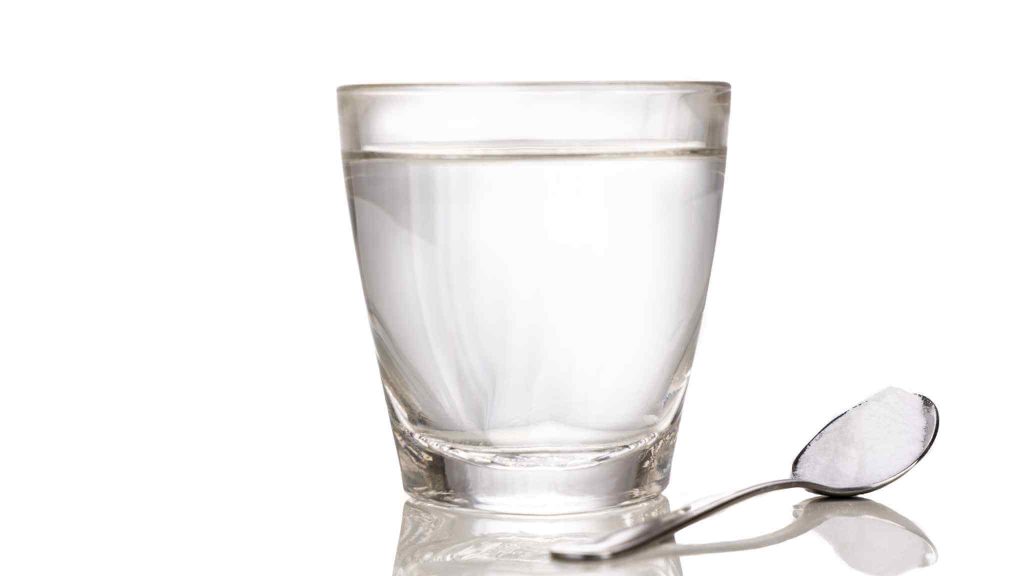
Do I need to eat when I’m sick?
When feeling ill, consuming adequate amounts of fluids is essential. If you are experiencing vomiting or diarrhea, it is easy to become dehydrated. Symptoms that may indicate dehydration include a dry mouth, lack of tears when crying, and infrequent urination. To avoid dehydration sip clear liquids, such as water or an electrolyte drink, take small bites of popsicles/ice chips, etc.
If you are feeling unwell and have a decreased appetite, there is no need to eat solid food. It is possible for adults to go several days without it, but they must keep hydrated by drinking liquids.
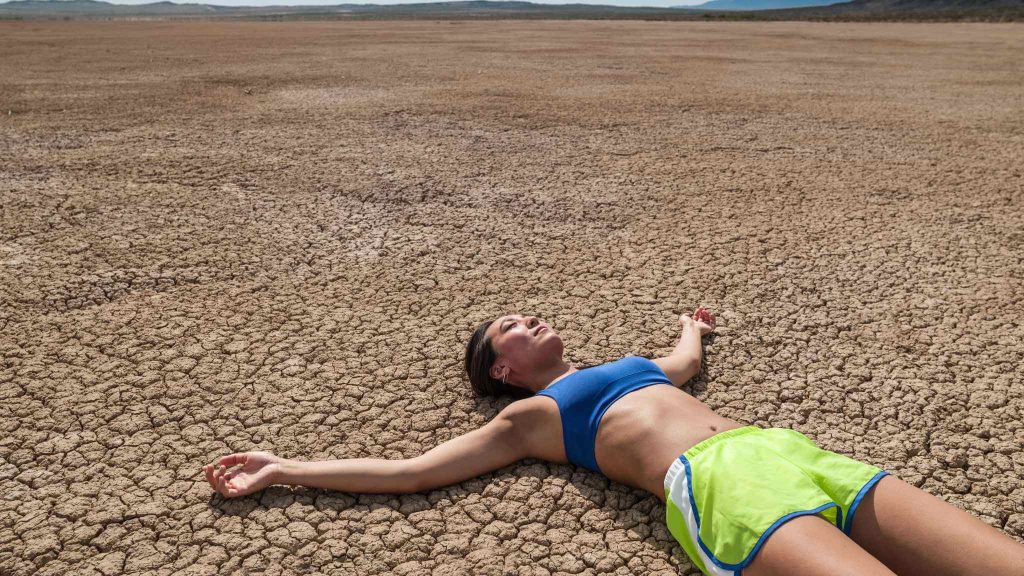
What if I keep vomiting?
Vomiting can cause dehydration, particularly in vulnerable adults and young children, so it’s essential to take swift action. Be aware of the signs of dehydration and take care to monitor them when dealing with vomiting.
Lets recap symptoms of dehydration:
- Dry mouth and tongue
- No tears when crying
- Fewer wet diapers than usual or less frquent urination
- Sunken eyes
- Drowsiness or irritability
If you observe any of these signs, make an effort to drink lots of liquids. Popsicles and frozen juice bars are also recommended for those with an upset stomach. In the event that vomiting persists for several hours or if a fever, diarrhea, or abdominal pain appears, call your doctor right away.
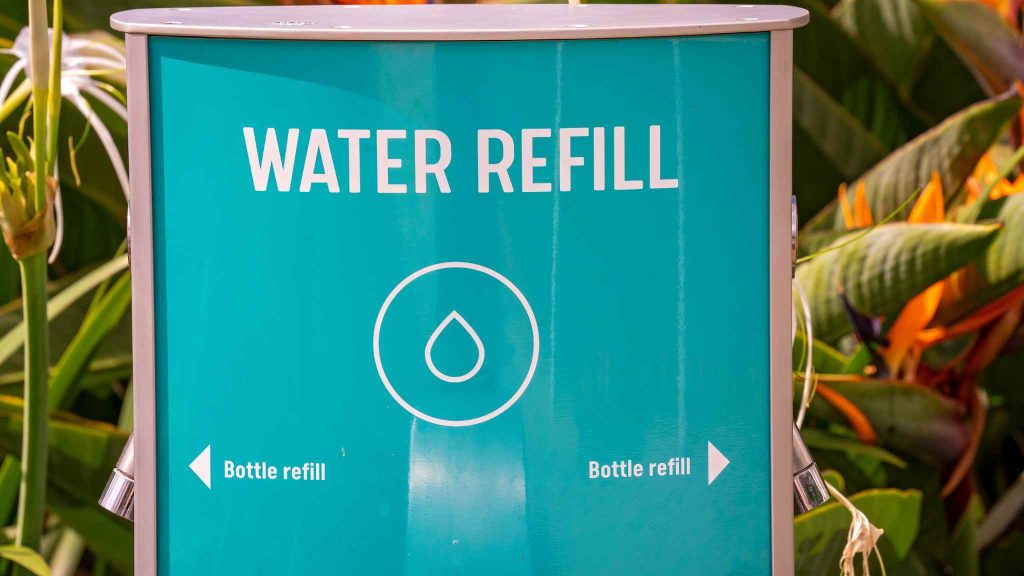
Want more? We’ve got you covered…
Our Baby First Aid Courses
Our baby first aid courses are available in person in your home and online. We run classes in your home with groups of 2, 4 or up to 10 in Sydney & Melbourne and you can book in 3 easy steps!
- Pick your class
- Follow the prompts to purchase
- We will contact you within 24 hours to lock in your date of choice
Our First Aid Certificate Courses
We run most of the popular first aid courses Australia wide. HLTAID011 Provide First Aid, HLTAID009 Provide CPR, HLTAID012 Provide First Aid in an Education & Care Setting, RAMOAP (anaphylaxis), Mental Health first aid and CPR/LVR to name a few.
Book your public spot online or contact us if you have a group of 5+ people for onsite training.
Here are some other resources you may enjoy!
FREE GUIDE: Your Virtual Baby First Aid Kit
FREE GUIDE: Introducing Common Allergy Foods & Allergic Reactions
FREE Workplace Emergency Preparedness Plan: Grab this at the bottom of every page!
Follow for baby & child first aid and allergy info and tips on Instagram & TikTok, all @thenestcpr
